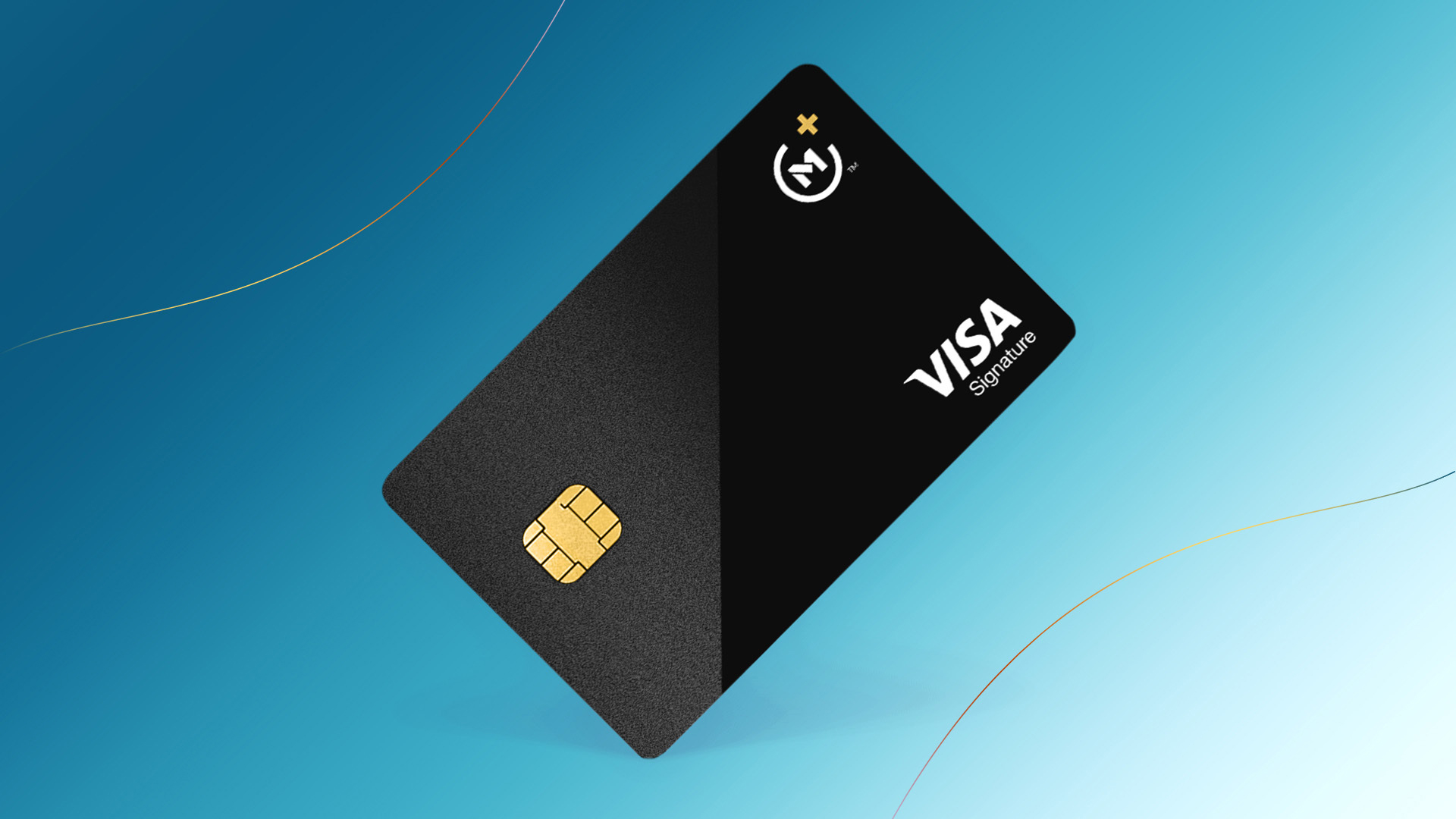The Pros and Cons of Using Credit Cards to Build Credit History

Understanding the Impact of Credit Card Usage
In today’s fast-paced financial landscape, using credit cards is a common practice that comes with its own set of advantages and challenges. A smart approach to utilizing these financial tools can pave the way for a brighter financial future, ensuring that you harness the benefits while cleverly navigating potential risks.
Advantages of Credit Cards
- Convenience: Credit cards are user-friendly, making both online and in-person purchases seamless. Imagine shopping for groceries or booking a flight—simply swipe or tap, and the transaction is done in moments. This ease extends to payments for services, allowing you to manage bills and expenses effortlessly.
- Credit score improvement: When used responsibly—by making timely payments and maintaining low balances—credit cards can significantly enhance your credit score. A higher credit score opens doors to more favorable loan terms and lower interest rates, setting the stage for financial opportunities, such as buying a home or securing a car loan.
- Rewards and bonuses: Many credit cards come equipped with lucrative rewards programs. For instance, some cards offer cash back on everyday purchases like gas and groceries, while others grant points redeemable for travel. Consider the potential of redeeming points for a dream vacation—this can transform ordinary spending into extraordinary experiences.
Potential Pitfalls of Credit Card Usage
While the benefits are appealing, it’s equally important to remain vigilant about the downsides associated with credit card use.
- Debt potential: Without careful management, it’s easy to fall into a cycle of debt. Accumulating charges without the means to pay them off can lead to a financial burden that feels insurmountable. Recognizing the signs of overspending is crucial; setting strict budgets can help prevent this trap.
- Interest rates: Many people can be blindsided by the high-interest rates that accompany credit cards. If you fail to pay your balance in full each month, those interest charges can add up quickly, turning small purchases into costly debts over time. Being aware of your card’s terms is vital in maintaining control.
- Credit utilization: Overusing available credit can negatively impact your credit score. Financial experts often recommend keeping your credit utilization below 30%. This means if you have a credit limit of $10,000, try not to exceed a balance of $3,000. Tracking your spending and limiting impulsive purchases can help stay within this guideline.
Empowering Your Financial Journey
Ultimately, navigating the world of credit cards is about making informed decisions. By understanding both the benefits and risks, you empower yourself to wield this financial tool wisely. Approach credit with a level of responsibility and diligence, and you can set the foundation for a stable financial future. Remember, your financial actions today lay the groundwork for the life you desire tomorrow; begin your journey with clarity, and let your choices reflect your ambitions and dreams.
DISCOVER MORE: Click here for valuable tips on responsible credit for your family
Maximizing Benefits While Minimizing Risks
Credit cards, when utilized wisely, serve as a powerful vehicle to build and enhance your credit history. Understanding how to navigate their complexities can turn potential pitfalls into stepping stones towards financial freedom. Embracing the advantages while being cognizant of the downsides creates a balanced approach to managing credit responsibly.
Harnessing the Power of Credit Cards
Credit cards have become an integral part of American consumer culture, offering unique opportunities that go beyond mere purchases. Here are some valuable benefits that can positively impact your financial trajectory:
- Establishing a credit history: For those just starting their financial journey, credit cards are a key to establishing a credit history. Lenders favor borrowers with solid credit histories, and having a credit card can help you begin building that essential record. Each time you make a purchase and pay it off, you’re signaling responsibility to potential lenders.
- Emergency funding: Life can be unpredictable, with emergencies arising when least expected. Credit cards can provide a financial cushion during these times, enabling you to cover unexpected expenses like car repairs, medical bills, or urgent travel without immediate cash. This instant access to funds can relieve significant stress when needed the most.
- Building financial discipline: Owning a credit card encourages financial awareness and intentional spending. As you monitor your credit card usage, you’re likely to become more mindful of your overall financial habits, which in turn cultivates a greater sense of discipline. This is especially important for young adults or those new to managing their finances.
Staying Alert to the Challenges
While credit cards offer incredible benefits, the accompanying risks cannot be overlooked. Staying informed and prepared can help you navigate these challenges effectively:
- Fees and penalties: Credit cards often come with various fees, from annual charges to late payment penalties. These additional costs can quickly add up, detracting from the benefits you hope to gain. It’s essential to read the fine print and fully understand your card’s terms to avoid any unexpected fees.
- Impact on financial well-being: Over-reliance on credit cards for daily expenses can strain your finances. If not managed carefully, accumulating debt may overshadow the benefits of building credit, leaving you in a difficult position. Create a budget that clearly distinguishes between essential expenses and discretionary spending to maintain balance.
- Dependency and lifestyle inflation: The ease of credit card transactions can foster a false sense of financial security, leading to overspending and lifestyle inflation. Relying on credit for purchases that you cannot truly afford could jeopardize your financial health in the long run. Being mindful of your spending and sticking to a budget can keep you grounded.
By recognizing both the advantages and potential pitfalls of credit card usage, you can craft a strategy that empowers you to build a strong credit history while avoiding common financial pitfalls. Understanding your own financial goals and being disciplined will guide you on the path to a resilient financial future.
DISCOVER MORE: Click here to learn about the benefits of an additional card
Creating a Sustainable Credit Pathway
Building credit history through credit cards is not just a transactional practice; it’s about creating a sustainable financial pathway that aligns with your long-term goals. Understanding the nuances of credit management allows you to take full control of your financial future while cultivating habits that lead to economic empowerment.
Leveraging Rewards and Benefits
Many credit cards offer enticing rewards programs that can enhance your financial experience. These incentives can turn everyday spending into opportunities for saving or earning perks. Here are some notable advantages:
- Cashback and rewards points: Using a credit card for your regular purchases can earn you cashback or rewards points that can be redeemed for travel, merchandise, or even statement credits. For example, a card offering 1.5% cashback on all purchases can result in significant savings over time, especially if you manage your payments responsibly.
- Credit-based perks: Many credit cards come with added benefits like travel insurance, purchase protection, or extended warranties. Utilizing these features can help protect your purchases and offer peace of mind, potentially saving you money in the long run.
- Credit score boosts: Certain credit cards report to all three major credit bureaus, which is essential for building a comprehensive credit history. As you maintain a timely payment schedule, you will likely see positive shifts in your credit score, making you more attractive to lenders for future loans.
The Psychological Aspect of Credit Management
Utilizing credit cards isn’t only about financial mechanics; it also involves an emotional and psychological component. Acknowledging your mindset towards credit can lead to more responsible behavior:
- Building confidence: Successfully managing your credit card payments can instill a sense of confidence and achievement. Each payment on time serves as a reminder of your financial responsibility, reinforcing positive behaviors that pave the way to future growth.
- Mindset transformation: Shifting your perspective on using credit cards from viewing them as merely a means of spending to seeing them as tools for building wealth can change the way you interact with money. This transformation can lead to healthier financial habits that prioritize saving and investing.
- Learning from mistakes: If you make a misstep, such as carrying a balance or missing a payment, it can present an opportunity for growth. Understanding the impacts of these errors fosters a learning environment that promotes responsibility and resilience. Employ these lessons to make better-informed choices in the future.
Being fully aware of the multifaceted nature of credit card use empowers you to make informed decisions that positively affect your financial landscape. By actively engaging with the rewards, understanding the psychological implications, and learning from experience, you can harness the full potential of credit cards as a tool to create a robust financial foundation.
DIVE DEEPER: Click here for insights on choosing the best rewards
Final Thoughts on Building Credit with Credit Cards
In conclusion, using credit cards to build credit history is a double-edged sword that requires careful management and conscious decision-making. On one hand, the advantages such as cashback rewards, credit-based perks, and the potential for a higher credit score are compelling reasons to integrate credit cards into your financial strategy. These tools not only provide opportunities for financial gain but also help cultivate responsible spending habits that can secure your financial future.
However, it is crucial to recognize the associated risks that accompany credit card usage. High interest rates, the temptation to overspend, and the potential for damaging your credit score through mismanagement can all serve as significant obstacles on your path to financial wellbeing. Acknowledging these threats allows you to navigate the credit card landscape more wisely and strategically.
By maintaining a healthy relationship with credit—staying informed about your spending, understanding the psychological aspects of credit management, and continuously learning from your financial experiences—you can transform credit cards into powerful allies rather than detrimental liabilities. Embrace the journey of credit building with an informed mindset, and you will see how effectively managing your credit can pave the way toward financial peace and stability. Ultimately, the decision to use credit cards should be driven by a vision of financial empowerment and a commitment to making thoughtful, informed choices.


